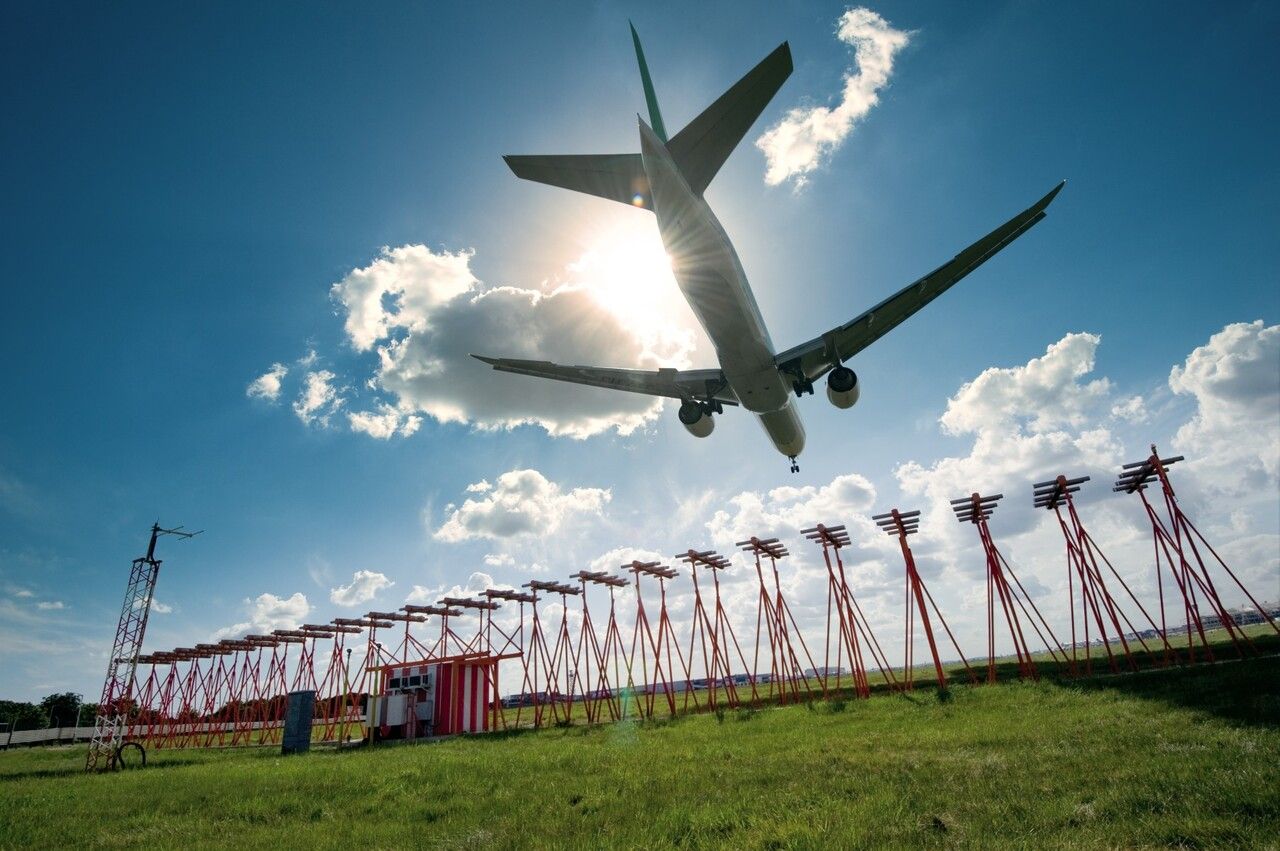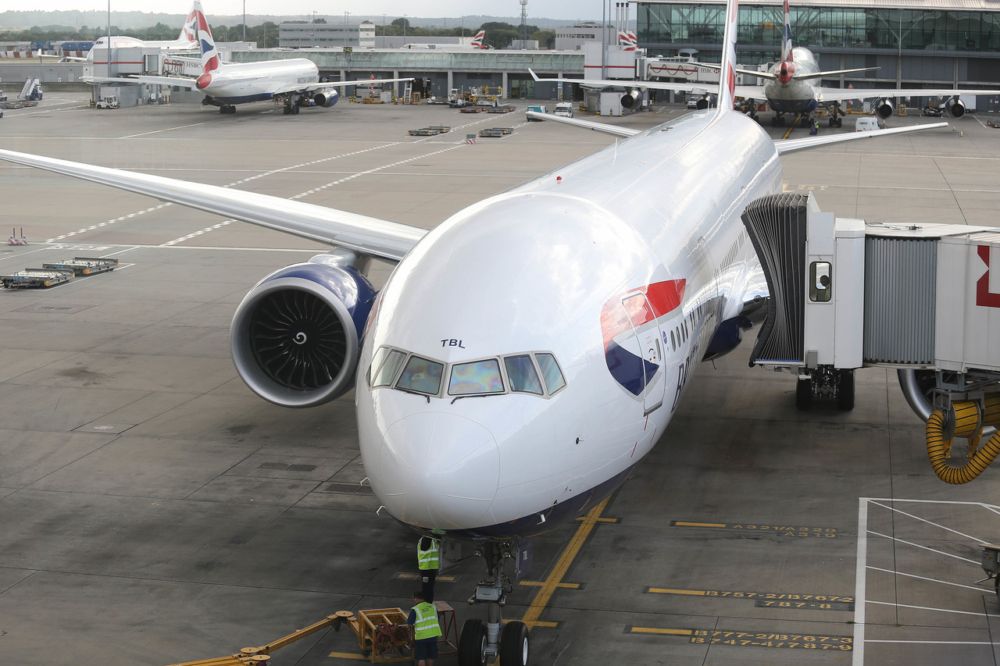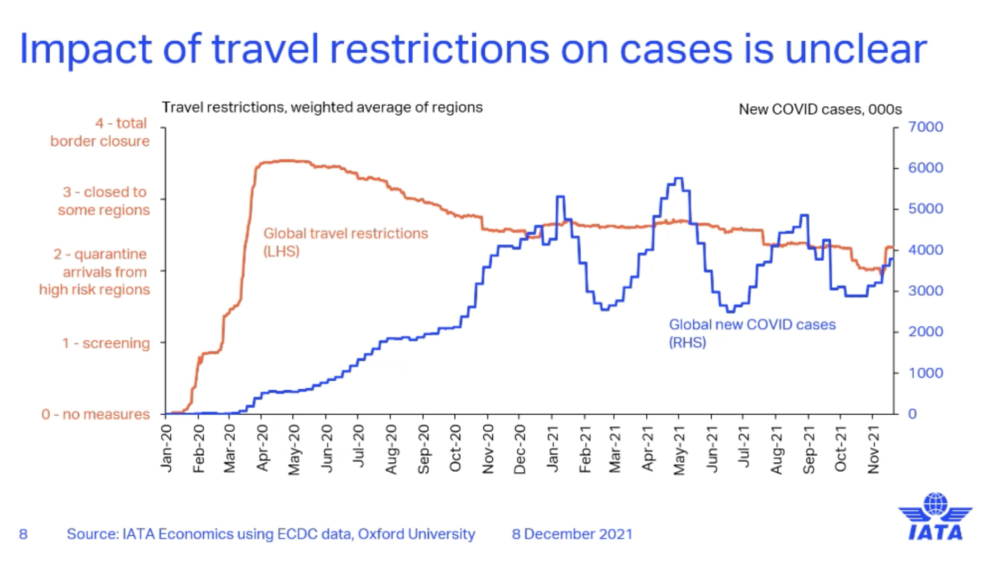The UK reacted surprisingly swiftly and strongly to the emergence of the Omicron variant, reinstating its red list and bringing back testing requirements almost overnight. Director general of the International Air Transport Association (IATA), Willie Walsh, has slammed the reaction, calling it excessive and stating that there is no evidence that travel restrictions work.
IATA boss slams UK response to Omicron
The UK government was an early reactor to the emergence of a new variant of COVID. Quickly reinstating its red list for arrivals from South Africa and several other nations, the country rapidly reimposed various restrictions that had only just been removed. These included PCR testing on arrival, pre-departure testing and even quarantine for some.
Speaking at a media briefing today, director general of the International Air Transport Association (IATA), Willie Walsh, spoke despairingly about the reaction from the UK government to the Omicron variant. He said,
“Based on all of the data available in the UK, these measures are excessive. I'd like to think they will be reviewed and removed as quickly as possible.â€
It’s not just the UK government that has restricted free movement in response to Omicron. However, the UK’s response has been strongest and appears to be the least likely to be wound back anytime soon.
Aviation is no stranger to being framed as the bad guy in any situation. Rarely is there a report relating to the environment that doesn’t feature a jet somewhere in its imagery. That’s despite other industries being far more harmful to the planet than aviation, but somehow an image of a clothing factory in China is not as emotive. Walsh believes aviation is being victimized in the pandemic once again, saying,
“It's clear to us the travel industry and airlines in particular are being used as the poster child to transmit fear, to transmit the messages that governments want to force people to continue to restrict their movements.
“Governments should start focusing on the areas that need to be focused on, because the risk is definitely not coming from aviation, the risk is in the community.
In terms of the variant itself, Walsh firmly believes that this is the first of many that we’ll see. He said,
“We are going to have more of them [variants]. We can’t keep shutting down aviation and shutting down economies when, in reality, it's not providing any measures to restrict the transmission of the virus and, more importantly, it's doing huge damage to the industry.â€
Stay informed: Sign up for our daily and weekly aviation news digests.
Travel bans don’t stop the spread
During today’s briefing, Walsh presented the chart below, which tracks travel restrictions against global new COVID infections. The picture is clear – regardless of the severity of travel restrictions globally, new waves of COVID keep appearing.
Walsh noted,
“It says here, the impact of travel restrictions on cases is unclear. I would go further, and say that there is no correlation between the introduction of these restrictions and the effect that it's having on the transmission of the virus.â€
Walsh pointed out that when the UK introduced travel restrictions on the 22nd May, 2020, the UK had recorded 54,000 infections since the start of the pandemic. Today, that number stands at 10.6 million, proving his point that, “…there's no evidence of restrictions suppressing the transmission of the virus.â€
He noted that even the World Health Organisation supports the belief that travel bans do not work. He quoted a statement from the WHO that read,
“Blanket travel balance will not prevent the international spread and they place a heavy burden on lives and livelihoods. In addition, they can adversely impact global health efforts during the pandemic by disincentivizing countries to report and share epidemiological and sequencing data. All countries should ensure that measures are regularly reviewed and updated when new evidence becomes available.â€
The WHO had hit back at the increasing numbers of countries who were imposing temporary travel measures, particularly those who appeared to be punishing South Africa for their diligent work in sequencing and notification on the new variant. The WHO said it commends South Africa and Botswana for their swift actions, urging countries to apply an evidence-informed and risk-based approach to any travel measures.



